Have you heard about the incredible secrets our forests hold - like the way trees can really help with our health? I recently found something pretty interesting: birch extract tea.
I've always liked the way birch trees help with the scene but didn't know much about the possible benefits of their leaves, bark, and buds until my curiosity got the best of me. It turns out that making these parts can create a really soothing tea.
Now let's talk about the benefits of birch extract tea and also think about some things to be careful about. I'll guide you through the process of making this natural tea at home. It's kind of like we're starting a small process to show off the secret abilities of the forest - bringing excitement and introducing easy natural wellness practices. It's definitely worth looking at!
The Benefits of Birch Extract Tea
Birch leaves have lots of vitamins and antioxidants that are good for reducing cellular damage and inflammation. Since adding birch tea to my everyday schedule I've seen an improvement in how well I feel overall.
Talking about the anti-inflammatory benefits of birch extract - I realized that it has been great for easing my muscle and joint pain. The tea has salicylate, which now works in the same way as aspirin. This has been an important plus for me.
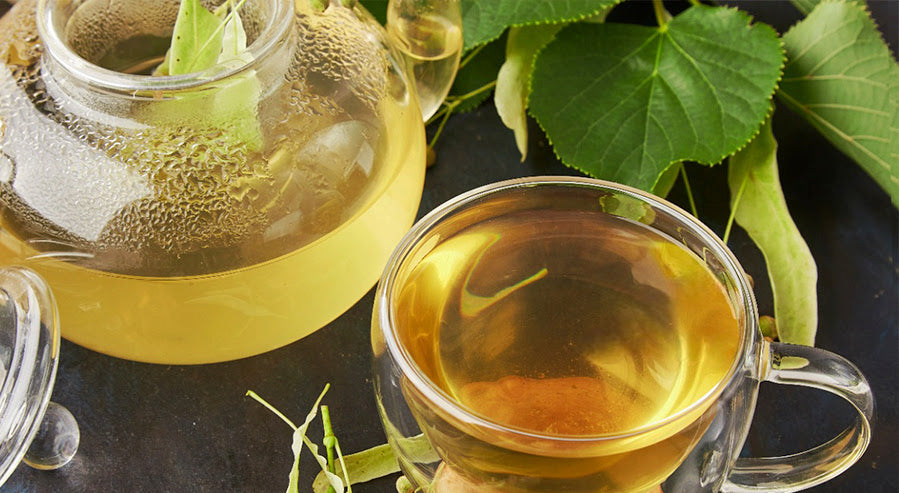
Birch tea could also help with your skincare schedule. It purifies and helps remove toxins, which improves the health of your kidneys and urinary tract. It also helps your skin. Drinking a few cups a week has left my skin clearer and more beautiful - it feels like my pores are enjoying a nice long breath of fresh air.
The benefits extend to my hair and scalp, too. The tea as a rinse has made my hair stronger and my scalp healthier - probably because of its antifungal and astringent qualities. These help reduce irritation and keep flakiness at a distance.
One of the most exciting things is some early research that points to birch tea that might help fight cancer because of its high level of flavonoids. These powerful compounds fight carcinogens. Although more work is needed, it's a promising start!
The Potential Side Effects
Birch extract tea is made from the bark of birch trees and is popular in all sorts of cultures for its medicinal properties. This tea is filled with antioxidants and is usually tied to reducing inflammation and relieving pain. But it's important to think about some risks even though these benefits.
One common worry is the risk of allergic reactions for those sensitive to salicylates in birch bark. These reactions can range from mild rashes to strong itching or even severe responses. For this reason - checking if you're sensitive to salicylates before trying birch tea is important.
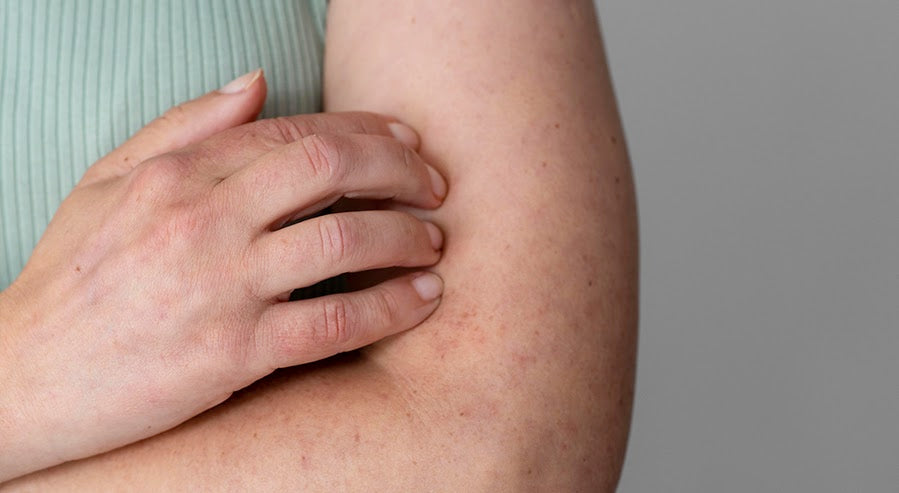
Also, birch extract has diuretic properties - which could lead to dehydration or mineral imbalances if consumed excessively. I make it a point to drink lots of water throughout the day to keep balance - this has worked well for me. If you have kidney issues or dehydrate easily, you should be cautious with this tea.
Another consideration is how birch extract might affect medications. It can affect all sorts of drugs like blood thinners and those that change kidney work. It's always a good idea to talk with your healthcare provider before starting birch extract tea. Being open about any herbal supplements you're taking is important to avoid negative drug interactions.
Now, let's go over how I usually make this tea - both easy and fun. I start by boiling water. Once the water is boiling, I pour it over some birch bark in my teapot. You can adjust the amount of bark based on your preferences, but it's wise to start small and adjust it depending on how your body reacts and your taste preferences. I let it steep for about 5-10 minutes. The longer it steeps, the stronger the flavor. I also make sure to strain out the bark bits before drinking to ensure a smooth texture.
How to Harvest Birch for Tea Making
Picking the right birch tree is important. I usually look for trees that have healthy bark and a strong structure. The younger branches and outer bark are the best parts for tea-making since they are filled with nutrients and heal quickly after harvest.
The way I forage reflects my dedication to sustainable harvesting. This means following legal guidelines and thinking about the ethical effects of my actions. When harvesting bark, I make sure to take only small sections from multiple trees rather than removing large areas from a single tree. This practice helps protect the tree's cambium layer, which is important for its growth. Also, should I find a Chaga mushroom, I make sure to leave at least one-third of it intact to help with regrowth and keep its benefits for the ecosystem.
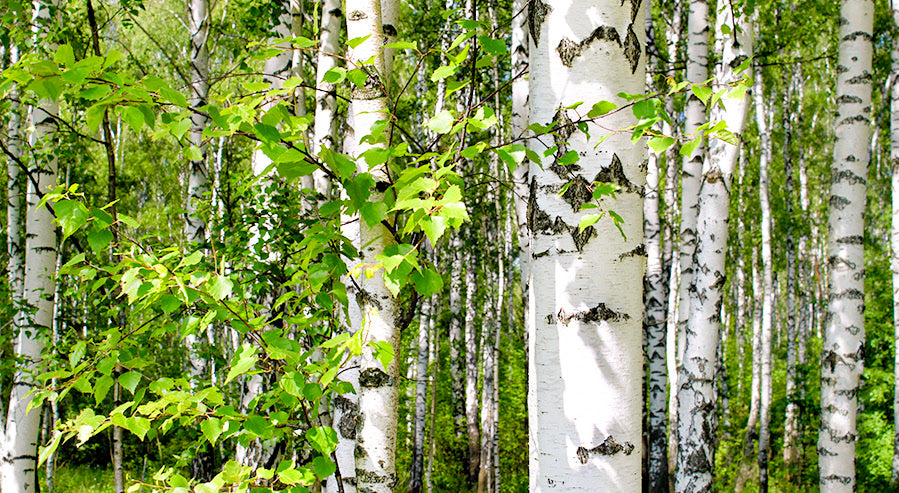
I also pay close attention to timing - it plays a big part in harvesting. Although Chaga can technically be grabbed year-round, each season has its benefits. Deciding when to harvest depends largely on what I need to do with the Chaga during different times of the year.
The drying process is important to preserve the good properties of Chaga. I now use putting it in direct sunlight as a natural method - or a dehydrator set to a low temperature.
Boiling the tea is my favorite part of this process. I start by boiling water - adding the dried Chaga, and letting it simmer for about an hour. This method extracts the good parts of the Chaga. Sometimes, for extra flavor and health benefits, I add ginger or cinnamon.
For those who like another method which makes tinctures or powders from Chaga it is a great option. These forms are especially useful for putting some Chaga goodness into all kinds of meals and drinks.
Make Birch Bark and Leaves
The most fragrant and strong state of birch leaves is when they are fresh. I always pick them gently from birch trees whenever possible and make sure not to take too much from any single tree.
When fresh leaves aren't available, I go for dried leaves from health food stores or online shops. If fresh or dried leaves are used, I use about 1-3 teaspoons of hot water per cup. For a gentle flavor, I steep them for 10-15 minutes - but for a stronger medicinal effect, I let them steep overnight. To make your tea a bit sweeter, I sometimes add a bit of honey or birch syrup.
With birch bark - I make sure not to hurt the trees by never taking bark directly from living ones. I only use dried bark. The same amount is used: 1-3 teaspoons per cup of hot water steeped for at least 10-15 minutes. For deeper extraction I might even let it steep overnight.

Drying and storing the bark and leaves is important for maintaining their quality and health benefits. I spread them thinly on a rack in a cool, dry spot away from sunlight. This keeps the really important oils and active compounds. Once dry, I store the parts in airtight containers in a dark place to help with their potency.
My whole process was built to keep the potency of the birch parts. Handling them gently, from picking to steeping, really helps with the quality of the tea. And think about the drying phase: I will give you an example of what is important for holding the volatile compounds that make the tea's flavor and health benefits better.
Not too bad, right? Let's talk about boiling and steeping next.
Boil and Steep Birch Extract
Once you get some high-quality birch extract that makes the tea, it's easy to notice the details. For just the right strength, I usually use about one teaspoon of birch extract powder per cup of hot water.
You should not use boiling water for birch tea - too high a temperature can damage some of the birch's more delicate compounds. I let the water cool for a minute or two after boiling before adding the birch - steeping it for about 5-10 minutes usually does the job, depending on your preference for tea strength.
I personally enjoy my birch tea, both hot and cold - it really depends on the season or my mood. For a cool drink, let it reach room temperature before chilling it in the fridge. This is really refreshing on warm days - adding a bit of honey or a slice of lemon can really help with the flavor, finding the birch tea's subtle taste without overwhelming its natural benefits.
The temperature of the water is important - for birch leaves, shoot for hot but not boiling water around 95 degrees Celsius (203 degrees Fahrenheit) to pull out flavors and beneficial properties without burning the leaves. Birch bark might need slightly hotter water, but you should skip boiling it. Keep some delicate compounds in it by letting it simmer.
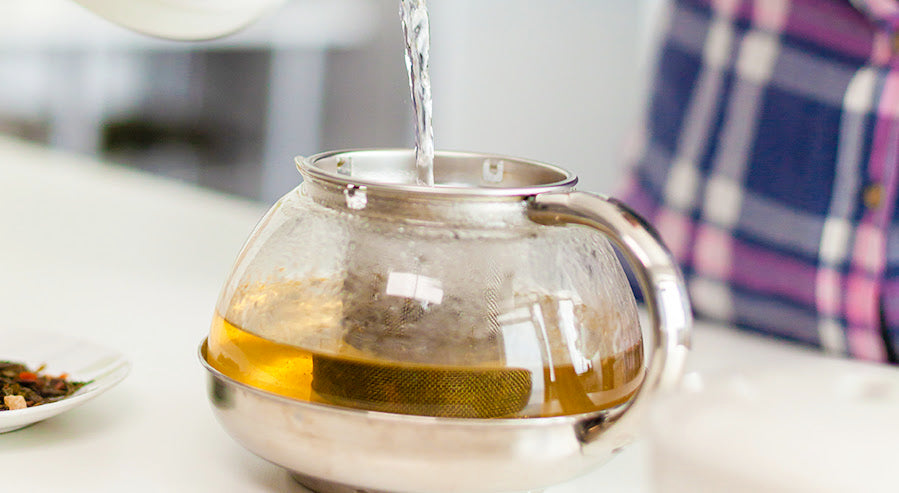
After heating your water to the perfect temperature add your birch and let it steep. Leaves usually need 10-15 minutes depending on the desired strength of your tea - the bark needs about 15-20 minutes to fully let out its flavors and health benefits. Covering the pot or cup during steeping keeps a consistent temperature and will make sure all volatile oils and aromas are kept boosting the flavor.
Serving birch tea can be easy, too. I like clear glass teapots and cups when entertaining guests as they beautifully showcase the tea's clear, natural look. If you're putting on a fancy display for friends or enjoying a quiet cup on a peaceful morning, the true delight of birch tea comes from its relaxing, earthy flavor!
But keep in mind that while birch extract is known for its health benefits, it might not be a good choice for certain medications or conditions like diabetes because of its possible effects on blood sugar levels. We'll talk about that in the next section!
Who Should Avoid Birch Extract Tea
Making this tea means soaking the leaves or bark from a birch tree in boiling water to let helpful compounds out. One of them is methyl salicylate which is like the one found in aspirin. It's important to get your birch from clean areas - dirty agents can affect the health benefits you want to get.
Birch tea isn't a good choice for everyone. Finding out that birch can raise sodium levels because of its diuretic effects was pretty surprising - especially for people with high blood pressure who should probably avoid it. Since some are sensitive to aspirin I've seen I have to be careful. Birch has similar salicylates which can cause allergies.
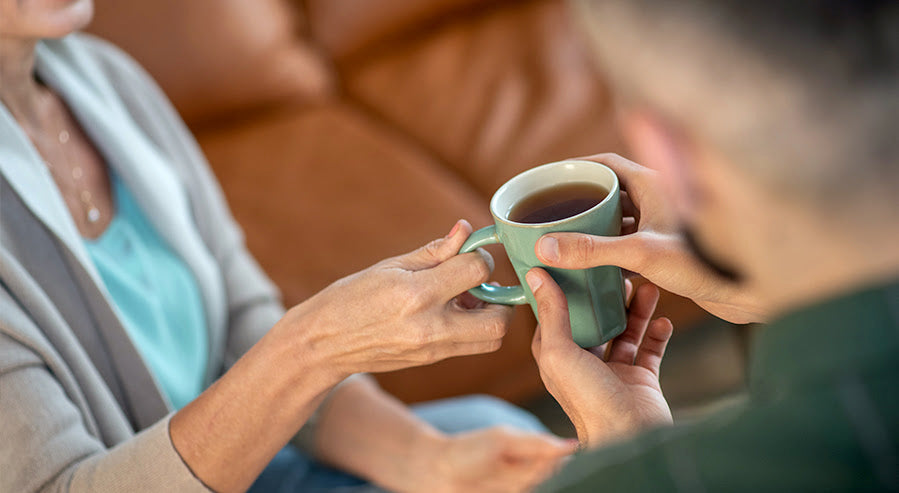
I've talked with a herbalist who showed that people with heart or kidney problems should be extra careful of birch tea because of possible drug interactions. Those who are pregnant, nursing, or dealing with liver problems should probably avoid birch tea. The risk of manganese toxicity is not a small problem.
As someone managing diabetes, I've seen that birch can also lower blood sugar levels. This makes me carefully think about its mix with my recent medications to avoid dangerously low sugar levels.
Also, people on blood thinners or those with kidney problems should think again. Birch tea can increase bleeding risks with some medications and create kidney stones. It has a high oxalate content.
Finding The Perfect Blend
You've probably seen how helpful it is to add birch extract tea to your everyday schedule. Drinking one or two cups a day is perfect if you're looking to reap its health benefits without overdoing it. The perfect time to enjoy this herbal tea is flexible - a morning cup can really help start your day because birch tea gives mild help. Or if you find an afternoon cup more refreshing, that's just as useful!
If you're dealing with specific dietary needs, birch tea is seriously flexible. There's no need to worry. If you need it caffeine-free or a good choice for a diabetic diet - just change the amount of birch, adjust how long you steep it, or add some other helpful herbs. Making these changes is pretty easy!
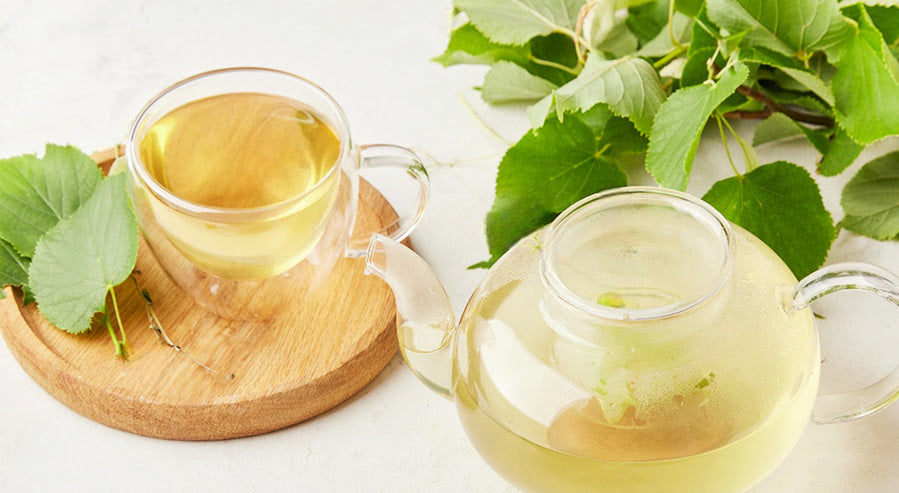
For those digging into a healthier lifestyle, Teami has a number of teas that are needed for all sorts of health goals like weight loss, improved sleep, and a better immune system. We also have products that help with skin and body health. These help to make your natural radiance even now seem better.
You should think about visiting our store to take a look at our products! Finding the right natural tea blend might be just what you need to move forward with your health process!